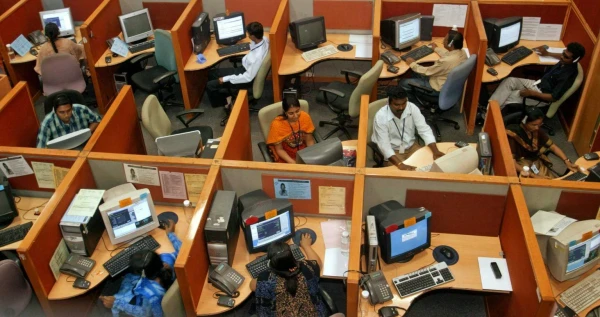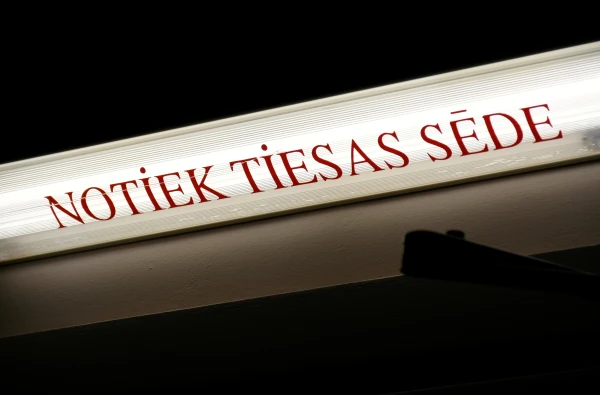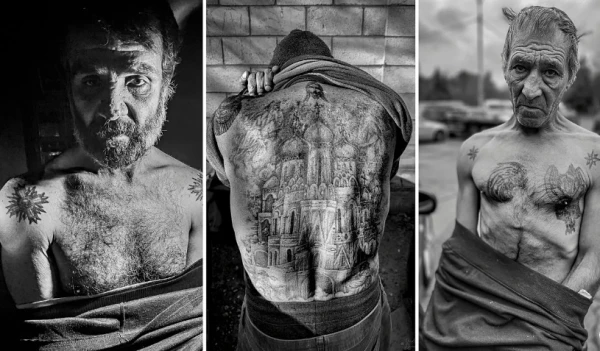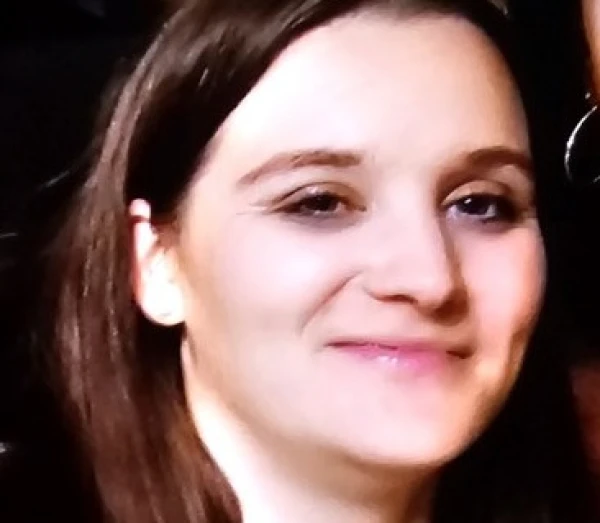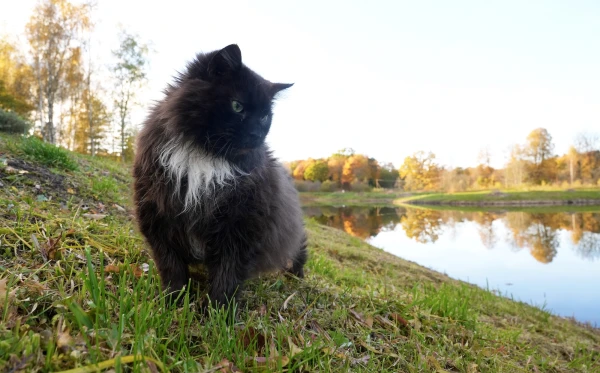
Yevgeny's grandmother was repressed on national grounds in 1945.
Every year, dozens of Russians file lawsuits to change their nationality. After the start of the war, such cases have become slightly more frequent than usual. Most often, those who registered themselves as "Russian" in their documents but changed their minds after a few years go to court. Not all judges are accommodating to the applicants.
In the summer of 2024, a court in one of the provincial towns of central Russia refused to recognize 36-year-old former Russian nationalist and football fan Yevgeny as German by nationality.
The man wanted the court to compel the registry office to issue him new documents: a marriage certificate and a birth certificate for his child. In the documents, which were issued several years ago, it is stated that Yevgeny's nationality is Russian. "There are no grounds for establishing the fact of the applicant's belonging to the German nationality," the court decided.
For many years, Yevgeny, as he tells it himself, considered himself Russian, attended far-right rallies, and at the same time supported a German football team, celebrated Lutheran Christmas with his family, and regularly visited his grandmother, who kept a Bible in German on her bedside table. His surroundings, consisting of Russian nationalists, were not bothered by this. "We paid little attention to nationality," Yevgeny claims. "We had people whose close relatives were Tatars, Jews, Ossetians."
"Young and green," he now says about his past. "In my youth, everyone did crazy things. Some used drugs, some drank, and I was like that. But not that I was exactly a 'Zigmeister.'"
Yevgeny's grandmother was repressed on national grounds in 1945. Together with other Germans, she was sent from the Zaporizhia region of Ukraine to a special settlement in the Altai Territory. There she met a Russian man, got married, and gave birth to Yevgeny's mother.
They left the special settlement 20 years later, and for the rest of her life, Yevgeny's grandmother, as he recalls, was afraid that they would "come for them again." Therefore, when her grandson was born, she insisted that her daughter indicate "Russian" in the birth certificate. Yevgeny's mother-in-law, a Russian grandmother on his father's side, was also categorical. "As I was told," Yevgeny recalls, "she, having survived the Great Patriotic War, said: 'What, are my grandchildren going to be Germans?'"
By the age of 30, Yevgeny began to distance himself from right-wing views. He fell in love with a girl from the Caucasus, got married, and became more interested in his German roots. However, when filling out the "nationality of the groom" section in the registry office application, he wrote "Russian."
"I hesitated a lot," Yevgeny says. "But probably, my father's relatives played a role. For them, it was important that I considered myself Russian."
A few years later, a son was born. In the "nationality of the father" section, they wrote "Russian." Yevgeny's wife recalls that after giving birth in a Moscow maternity hospital, a nurse suggested recording the father of the newborn as "Russian," "to avoid complications." The newly delivered girl was confused and agreed.
Two documents — the marriage certificate and the birth certificate — created a problem for the family a few years later. Several years before Russia's full-scale invasion of Ukraine, Yevgeny and his wife consulted and decided that they needed to leave. His German roots allowed for repatriation to Germany, but the Russian nationality indicated in Yevgeny's documents could hinder this.
Yevgeny went to court, but lost. Courts in two instances decided that he had already exercised his constitutional right to determine his nationality and chose to be Russian.
<iframe width="560" height="315" src="https://www.youtube.com/embed/DigbQFWd1Bc?si=CNr-sCCU9mmxGGqD" title="YouTube video player" frameborder="0" allow="accelerometer; autoplay; clipboard-write; encrypted-media; gyroscope; picture-in-picture; web-share" referrerpolicy="strict-origin-when-cross-origin" allowfullscreen></iframe>